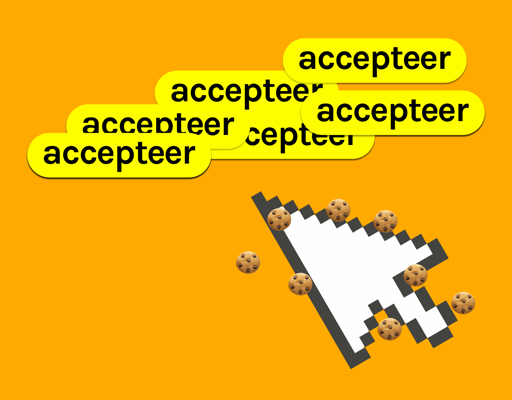From time to time, important news gets overshadowed by other headlines, even though it could have a profound impact on our (online) world. To most of us, few things are more bothersome than the dreaded cookie banners. On countless websites, you’re confronted with a pesky pop-up urging you to agree to something. You end up consenting without really knowing what it is. If you try to figure out what’s going on, you quickly get lost among the often hundreds of “partners” who want access to your personal data. Even if you do give your consent, it’s questionable whether you truly understand what you’re agreeing to.



I could be too naive, but I think it is possible.
The severity is directly proportional to the number of people affected. If you violate the privacy of 200 million people is the same that you poison the water of 10 people. And while with the poisoning scenario it could be better to jail the responsible people (for a very, very long time) and let the company survive to clean the water, once your privacy is violated there is no way back, a company could not fix it.
So how much money your privacy it’s worth ? 6
The point is that the goal is not to bankrupt companies but to have them behave right. The penalty associated to every law IS the tool that make you respect the law. And it must be so high that you don’t want to break the law.
Trust me on this one, direct experience :-) payment processors have a lot more rules to follow to be able to work.
It is not cynicism. I simply think that a huge fine to a single person (the CEO for example) is useless since it too easy to avoid and if it really huge realistically it would be never paid anyway so nothing usefull since the net worth of this kind of people is only on the paper. So if you slap a 100 billion file to Musk he will never pay because he has not the money to pay even if technically he is worth way more than that.
Jail time instead is something that even Musk can experience.
Then you write a law that explicitally state what you can do and what is not allowed is forbidden by default.